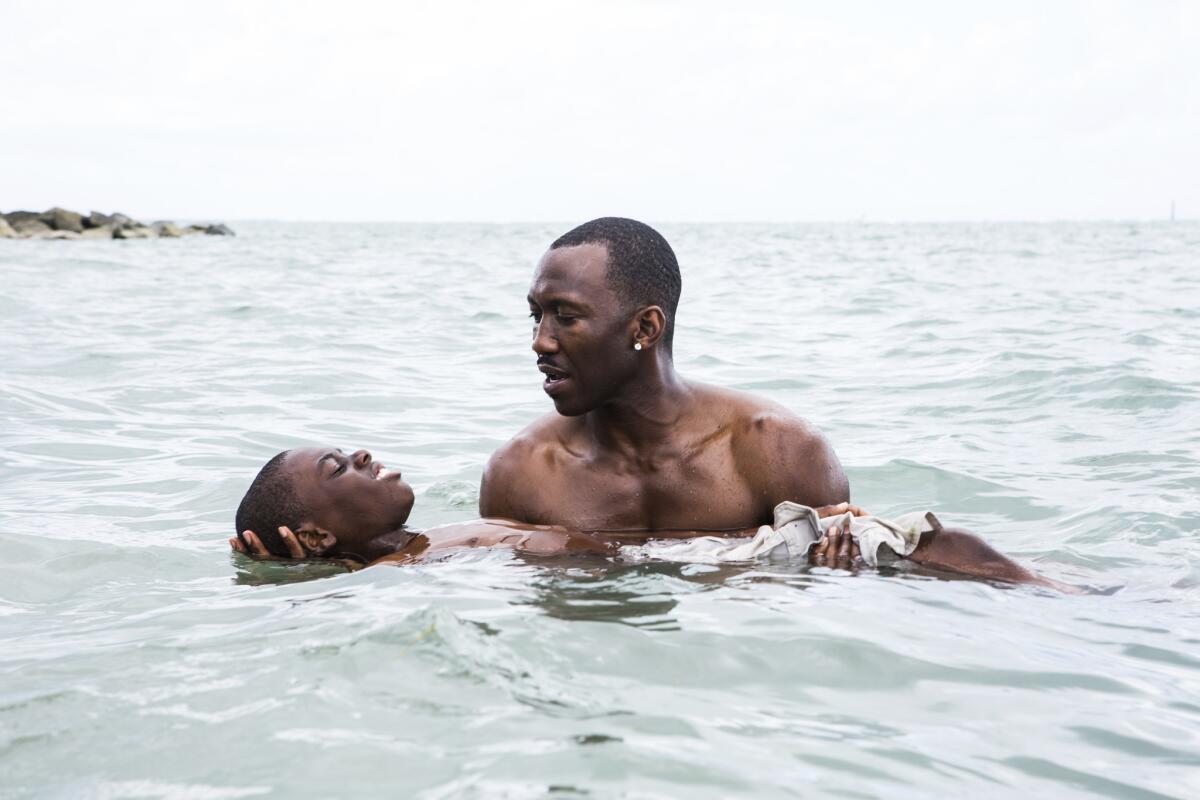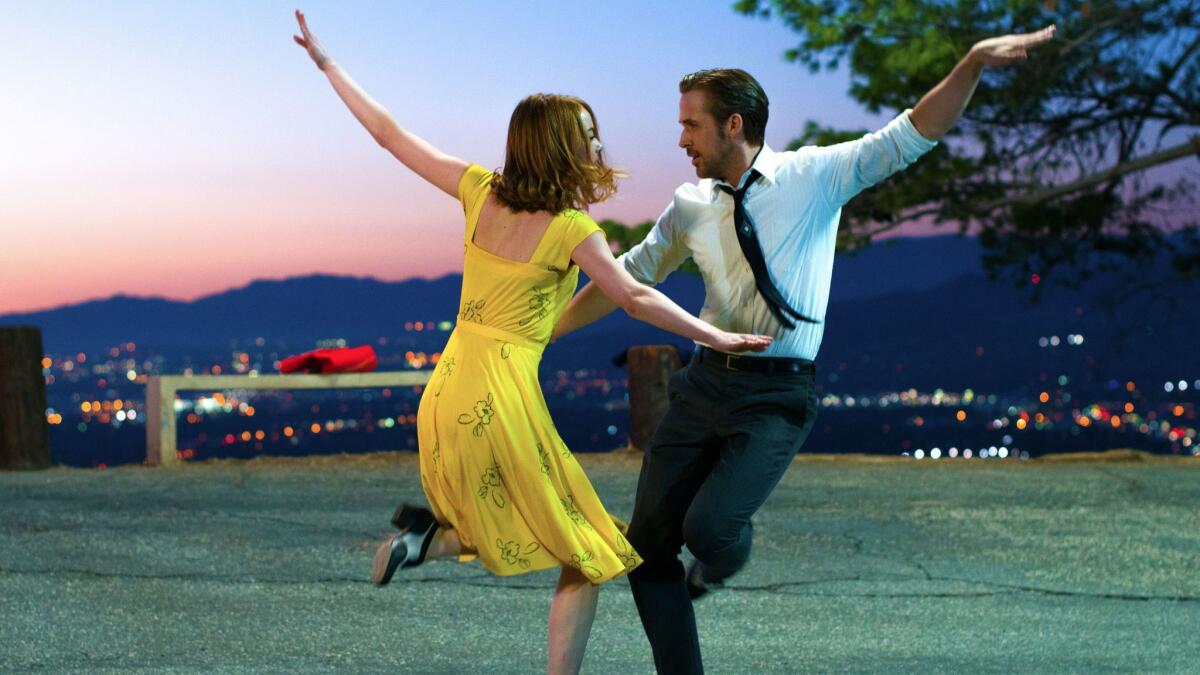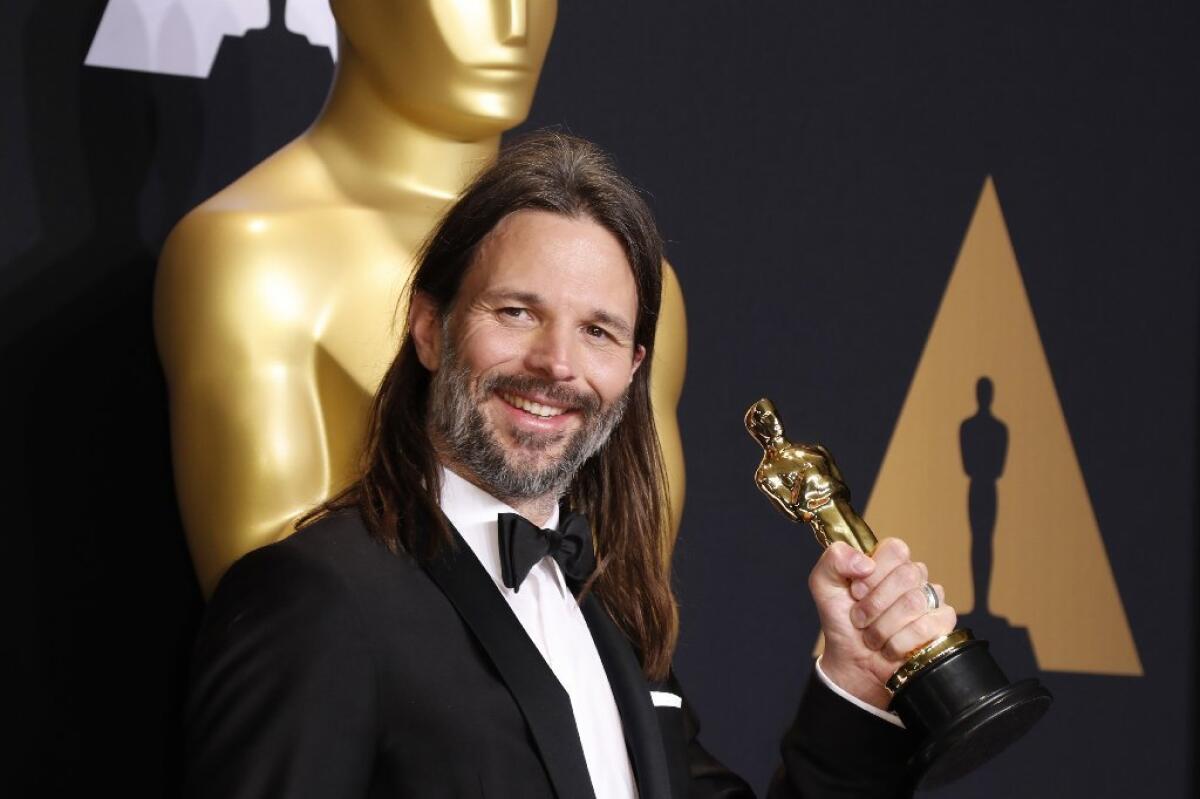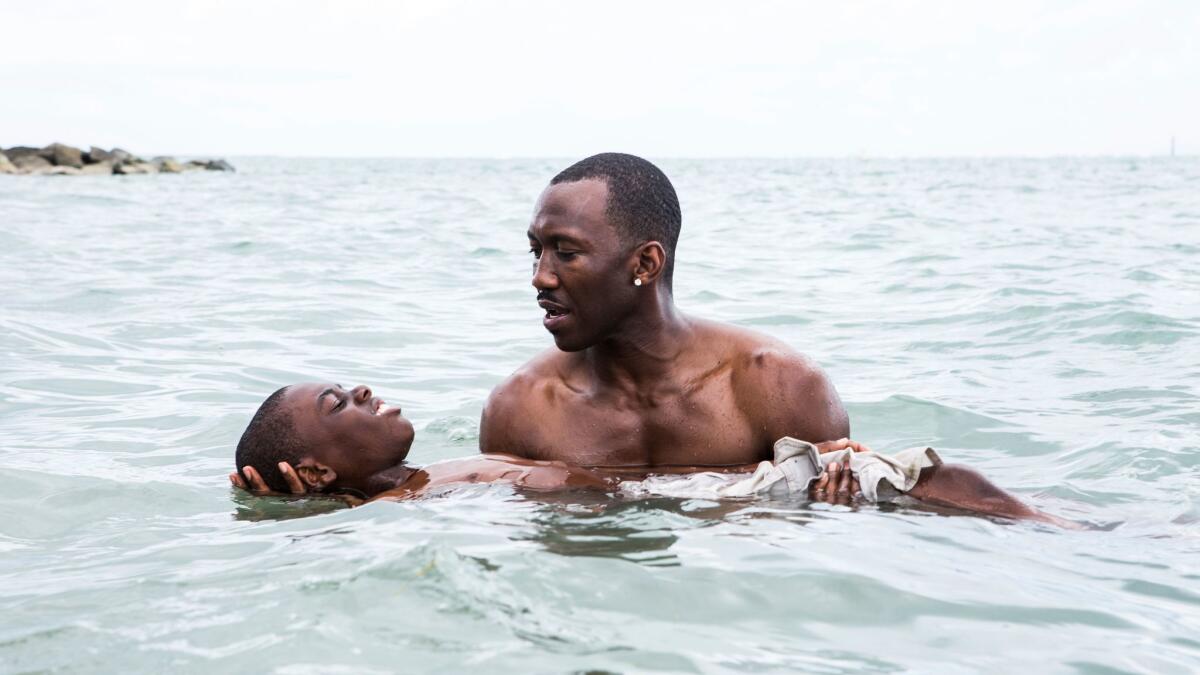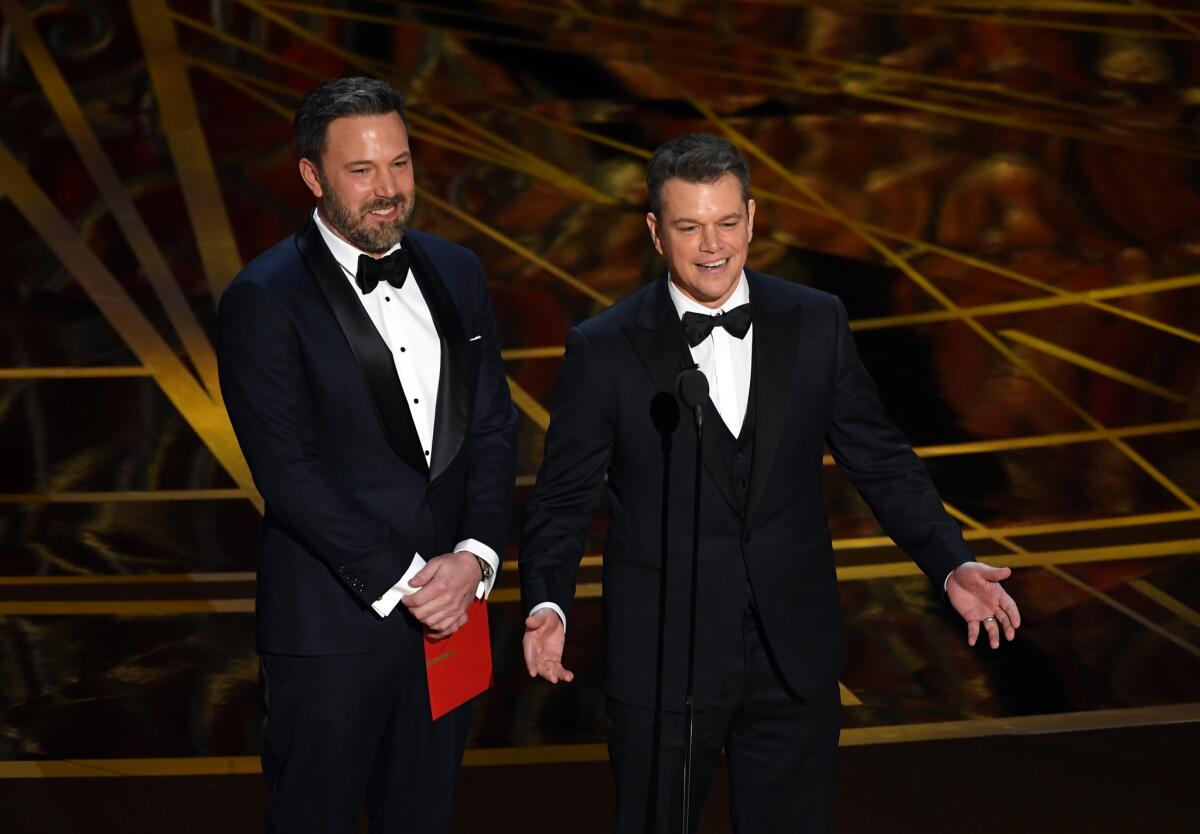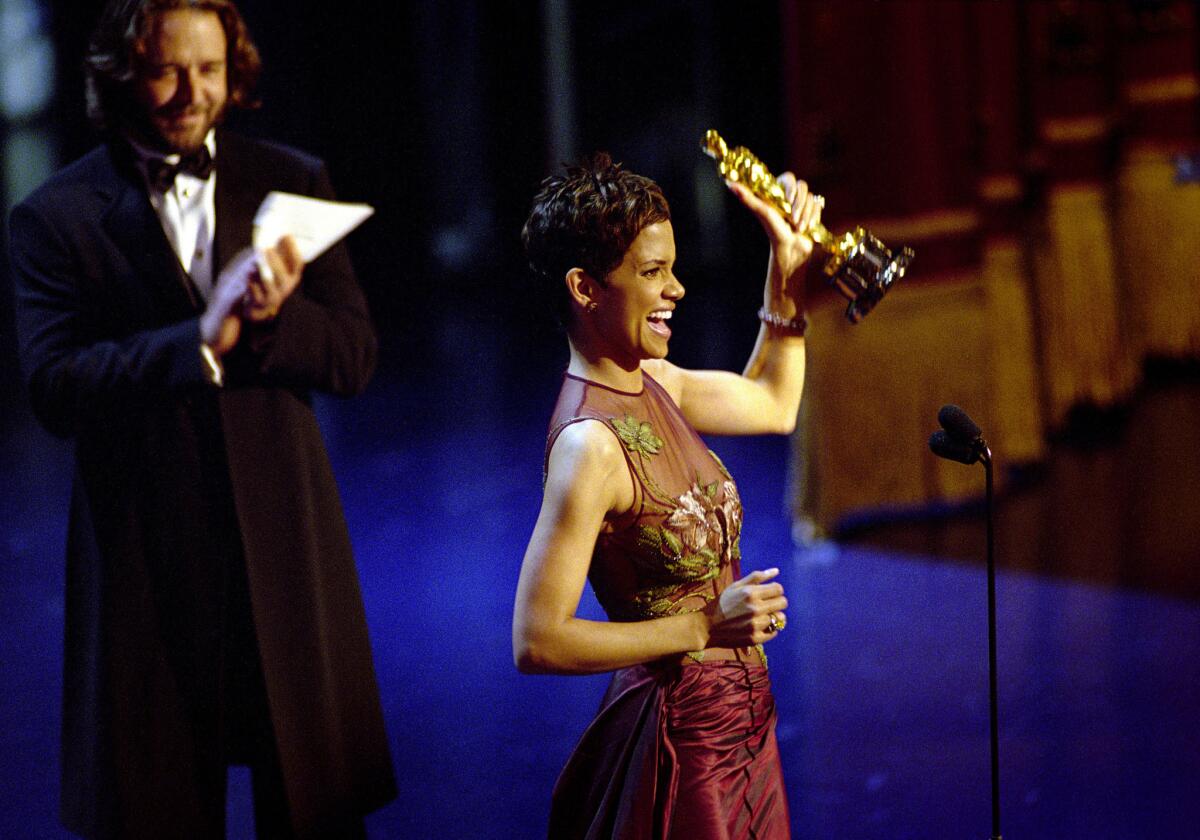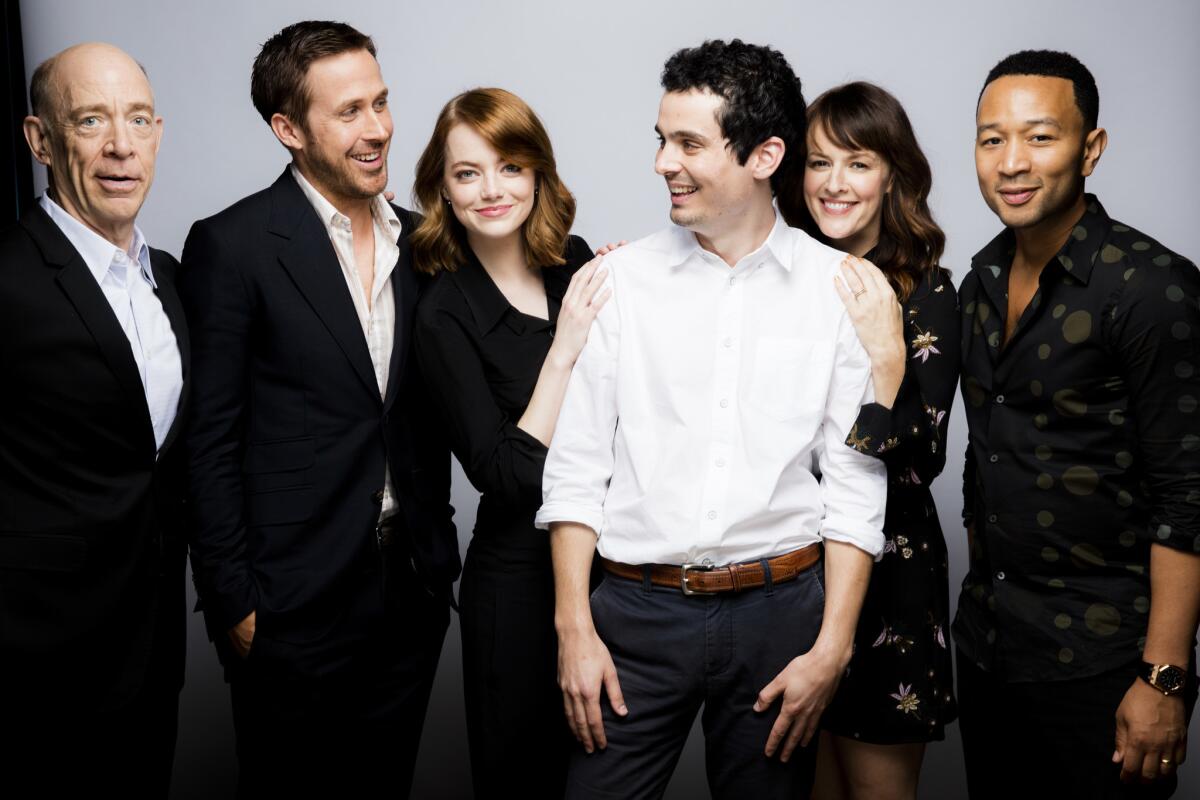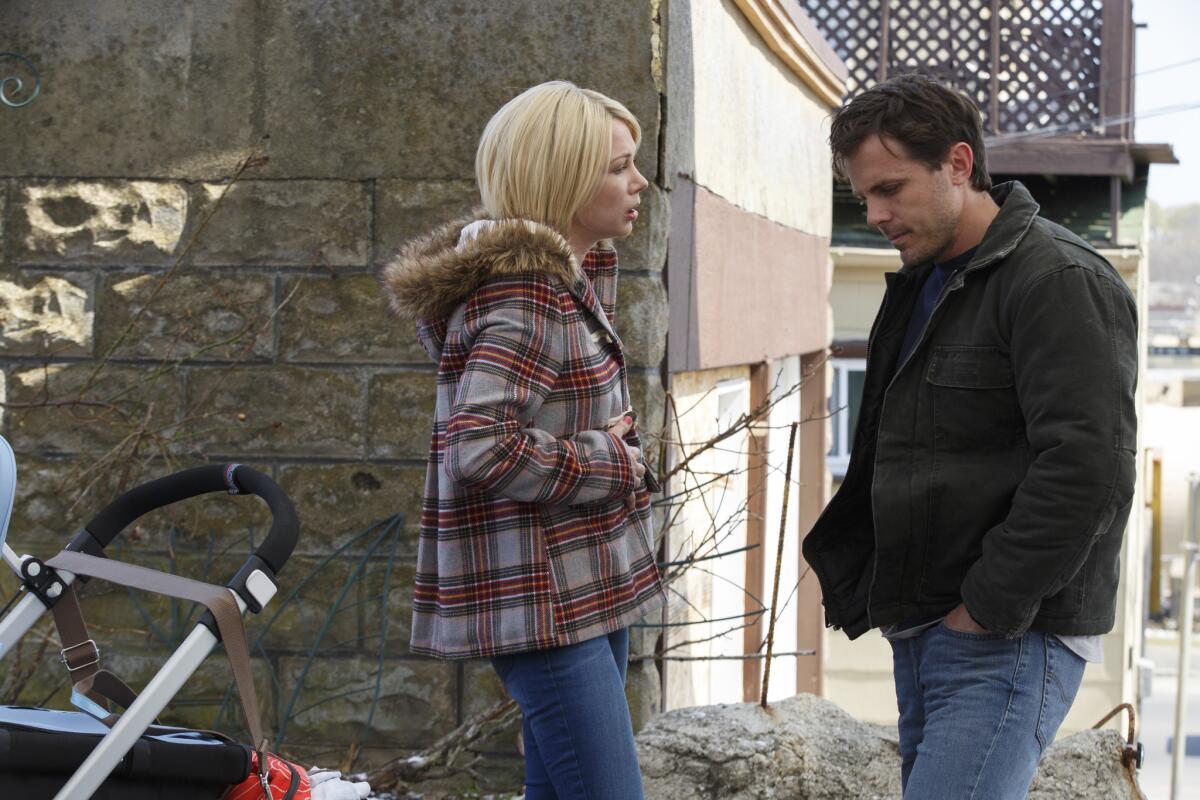The story of "Moonlight" began long before director Barry Jenkins' involvement propelled the film to eight Academy Award nominations. In fact, it began in 2003 while then budding-playwright Tarell Alvin McCraney was applying to grad school.
As part of his application to Yale's School of Drama, he wrote the play “In Moonlight Black Boys Look Blue.” But unlike the film it would eventually become, it played out in a circular motion with life happening for the youngest, middle and oldest versions of the character all at once. (Imagine a kid waking up and brushing his teeth, followed by his adolescent self and adult self doing the same actions.)
“I was trying to figure out what little me and middle me and grown me were doing that was the same and not the same,” McCraney said about the play’s structure and inspiration. “What patterns I was repeating, what is this life?”
The play came out of “a strange time, a time of endings and then new beginnings,” he said. He'd graduated from DePaul University in June with a degree in acting and his mother, who struggled with addiction when he was young and had suffered from AIDS-related complications for the prior 10-year period, died that July.
After enrolling, he put the “Moonlight” play on the shelf knowing that it could not be staged because he had written in visual cues, like cut to’s, that only film allows an artist to do. When he finally picked it back up and gave it to a film professor who told him to finish the script, McCraney responded: “It’s not done? Hm.” (He graduated in 2007.)
Jenkins, who eventually got his hands on the play through mutual friends in the Miami arts scene, was immediately struck by the way McCraney had depicted the mother-son relationship. “Because that happened to me [too],” he said.
Though Jenkins originally wanted McCraney to adapt the unproduced play for the screen, when the playwright won one of the prestigious MacArthur grants in 2013, he became too busy. Luckily, the two had shared enough of their expectations of each other for Jenkins to confidently adapt the play on his own. And though Jenkins is straight, the "Medicine for Melancholy" director said he wanted to maintain the queer voice of the play about the lived experiences of a black gay man written by the black gay man who lived it.
“I felt like the only way to do the translation and have it have the same power as Tarell’s work onstage was to preserve his voice,” Jenkins said. “There were certain scenes and experiences in the play that I had not lived.”
Years later, both Jenkins and McCraney are nominated for an Oscar for the adaptation, for the screenplay and story, respectively.
